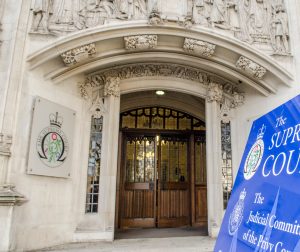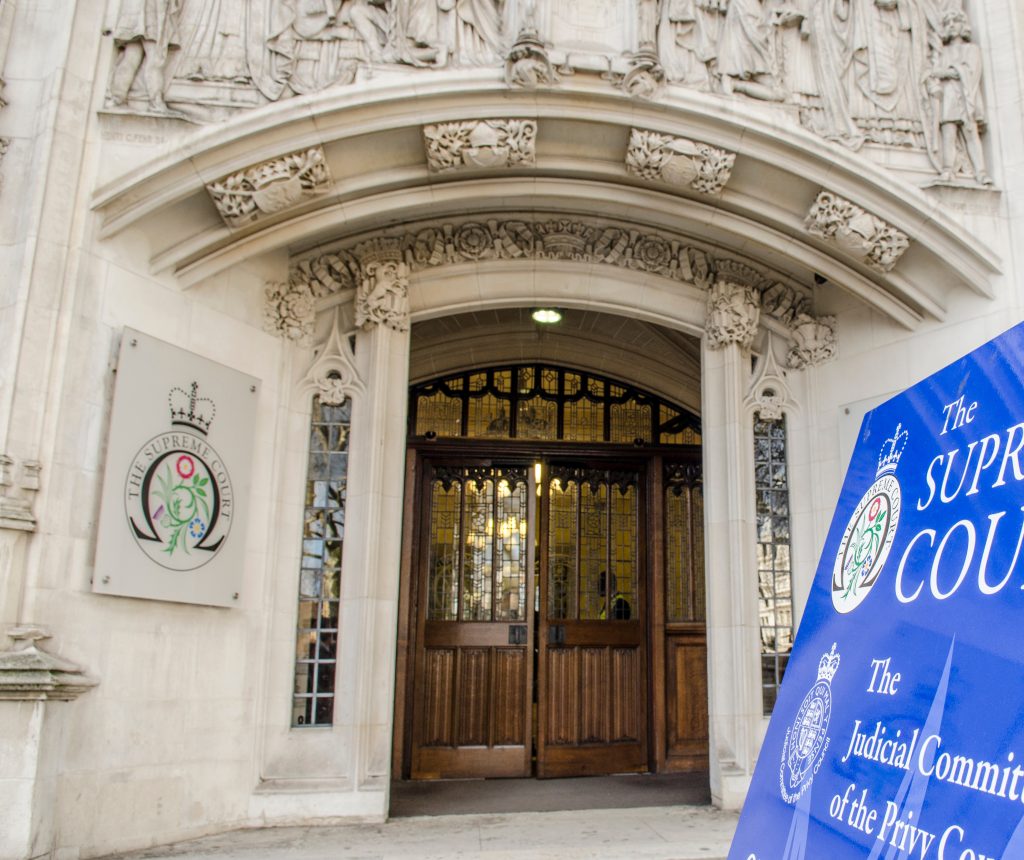Charles Edwards MSt(Cantab) MSc(Lond) FCInstCES Barrister (Head of Chambers, Gray’s Inn Construction Chambers)
“...The bitterness of poor quality remains long after the sweetness of low price is forgotten...” Benjamin Franklin
JCT BUILDING CONTRACT – DEFECTS: WHAT IS AN ‘APPROPRIATE DEDUCTION’ AND HOW SHOULD IT BE CALCULATED? GUIDANCE FROM THE HIGH COURT (TCC)
Charles Edwards, construction barrister and head of chambers of Gray’s Inn Construction Chambers, reviews the case of Mul v Hutton Construction Ltd [2014] EWHC 1797 (TCC) where the High Court (TCC) provided useful guidance on what was meant by an “appropriate deduction” under Clause 2.30 of the JCT Intermediate Building Contract (2005) (“the JCT Contract”). The Claimant (the “Employer”) entered into a contract with Defendant (the “Contractor”) to carry out substantial extension and refurbishment works. Practical Completion was certified by the Contract Administrator. However, attached to the certificate was a substantial list of works that was said to be incomplete or defective. The Employer paid the Contractor the final sum certified by the Contract Administrator, subject to retention. At the end of the 12 month Rectification Period, an inspection was carried out on behalf of the Employer at which point schedules running to some twenty pages were issued to the Contractor listing items of alleged incomplete or defective work. The Contractor was informed at the same time that arrangements had been made for other contractors to carry out the alleged incomplete or defective work as the Employer had already explained to the Contractor the financial consequences of not being able to occupy the property and this was in order to mitigate these damages. The Contractor responded to most, if not all the items on the schedules and also denied any suggestion that it had prevented the Employer from taking occupation of the building. The Employer issued proceedings against the Contractor for damages for defects to the external render, exterior and internal decoration, internal joinery, hardwood flooring, underfloor heating, down lights, electrical and mechanical installation, showers, extension, the garage block, the orangery roof, insulation, damp-proof course, brickwork, blockwork, pool
room roof, portico, entrance steps, garage doors and alleged overpayment. Clause 2.30 of the JCT Contract provided for any defects, shrinkages or faults to be rectified by the Contractor in the Rectification Period following Practical Completion or if the Employer consents and the Contract Administrator so instructs, such defects are not to be put right and an “appropriate deduction” is to be made from the Contract Sum. It was the construction of Clause 2.30 of the JCT Contract which fell to be interpreted by the Court as there was no previous authority on this point as to what the basis of the valuation should be under Clause 2.30. Clause 2.30 of the JCT Contract which fell to be interpreted by the Court provided that: “Any defects, shrinkages or other faults in the Works or a Section which appear and are notified by the…Contract Administrator to the Contractor not later than 14 days after the expiry of the Rectification Period, and which are due to materials or workmanship not in accordance with this Contract, shall at no costs to the Employer be made good by the Contractor unless the…Contract Administrator with the consent of the Employer shall instruct otherwise. If he does so otherwise instruct, an appropriate deduction shall be made from the Contract Sum in respect of defects, shrinkages or other faults not made good.” The Contractor contended that it was at all times ready, willing and able to repair all defects as provided by Clause 2.30 of the JCT Contract conditions, even after the expiry of the Rectification Period and that all the Employer was entitled to was an “appropriate deduction” under Clause 2.30 of the JCT Contract and that this sum was to be “calculated by reference to the contract rates/priced schedule of works”.
The Court ordered the following preliminary issues: “In respect of a defect arising within the Rectification Period (as defined in the Contract Particulars) of the JCT Intermediate Form of Contract (“the Contract”), is an “appropriate deduction” under Clause 2.30 of the Contract calculated by reference to: a) The Contract rates/priced schedule of works/Specification; or b) The cost to the Contractor of remedying the defect (including the sums to be paid to third party sub-contractors engaged by the Contractor); or c) The reasonable cost to the Employer of engaging another contractor to remedy the defect; or d) The particular factual circumstances and/or expert evidence relating to each defect and/or the proposed remedial works.”
The Court stated, amongst other things, that the Employer’s right to damages for defects, which were the contractual fault of the Contractor, was, so to speak, in place as at Practical Completion (subject to further comments within the Judgment as to whether Practical
Completion had occurred). The Employer, whether or not it actually knew about such defects as of that date, was entitled to damages, although that right was subject to a duty to mitigate and Clause 2.30 of the JCT Contract did not explicitly exclude or limit the Employer’s right to damages. The use of the term “appropriate deduction” in Clause 2.30 of the JCT Contract was a relatively neutral term and what may be appropriate in one set of circumstances may be inappropriate in another. The Court following an analysis of Clause 2.30 of the JCT Contract and the case law, found in favour of the Employer on the preliminary issues and decided that an “appropriate deduction” under Clause 2.30 of the Contract meant: “…a deduction which is appropriate in all the circumstances and could be calculated by reference to one or more of the following, amongst possibly other factors: a) The Contract rates/priced schedule of works/Specification; or b) The cost to the Contractor of remedying the defect (including the sums to be paid to third party sub-contractors engaged by the Contractor); or c) The reasonable cost to the Employer of engaging another contractor to remedy the defect; or d) The particular factual circumstances and/or expert evidence relating to each defect and/or the proposed remedial works.”
This case provides useful guidance on how an “appropriate deduction” under Clause 2.30 of the JCT Contract is to be calculated. Finally, although the Employer was successful on the preliminary issues, the Court pointed out to the parties that there were other issues which had yet to be decided at a trial that may reduce the efficacy and utility of the Court’s findings. This included the fact that the Court had not heard arguments as to whether there was effective Practical Completion or a proper certificate to that effect. This may be a problem as Clause 2.30 of the JCT Contract only arises during and by reference to the Rectification Period which is 12 months from the “date of practical completion of the Works”.
The above is for general information only and to encourage discussion and does not constitute legal advice. The author does not assume any responsibility for the accuracy of any statements made and appropriate legal advice should be taken and relied upon before taking or omitting to take any action in respect of any specific matter. If the facts and matters referred to above are relevant to you or your organisation, then please do not hesitate to contact me in chambers to see how I can assist you or your organisation.
Charles Edwin Edwards MSt(Cantab) MSc(Lond) FCInstCES Barrister
(Head of Chambers)
Gray’s Inn Construction Chambers
60 Gray’s Inn Road
London
WC1X 8AQ
E: cedwards@graysinnconstructionchambers.com







